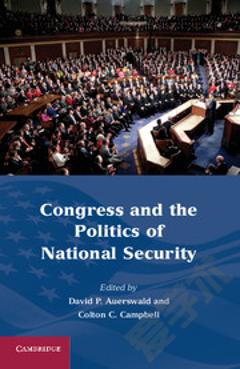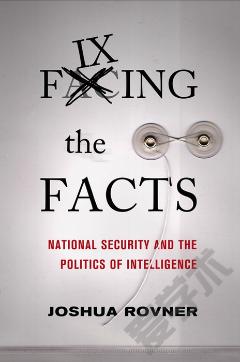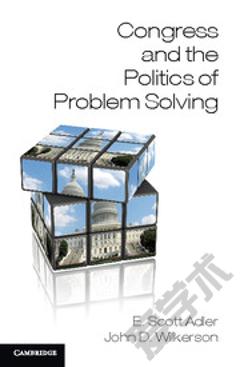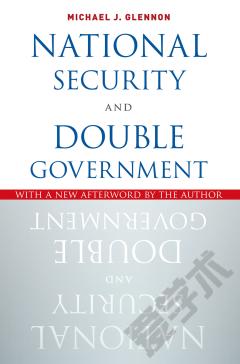Congress and the Politics of National Security
In an increasingly complex and unpredictable world, a growing number of observers and practitioners have called for a re-examination of our national security system. Central to any such reform effort is an evaluation of Congress. Is Congress adequately organized to deal with national security issues in an integrated and coordinated manner? How have developments in Congress over the past few decades, such as heightened partisanship, message politics, party-committee relationships and bicameral relations, affected topical security issues? This volume examines variation in the ways Congress has engaged federal agencies overseeing our nation's national security as well as various domestic political determinants of security policy.
{{comment.content}}








 京公网安备 11010802027623号
京公网安备 11010802027623号